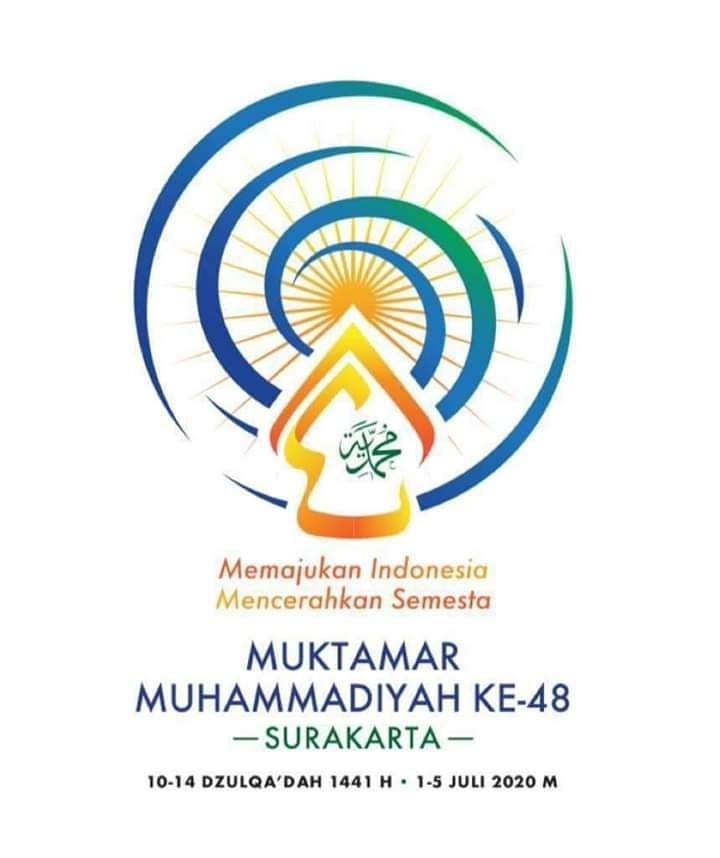Question From:
Bapak Syaiful Anwar Ateh, SH., NBM 642.365, Ketua PCM Seberang Ulu I
Kodya Palembang dan Bapak J. Syamsuddin Baits
Question:
1. In connection with the answers Caregiver Rubric Religious Fatwas published in BC No. 15/81/1996 regarding the consent qabul bridegroom who represents. From these answers impressed bride women who mated with a prospective bridegroom. For that please give an example also when a father will marry his daughter with a man directly. This is important because within Muhammadiyah (especially in our area) bride lakilah men who marry girls in lafadz qabulnya final offer, that, as described in Q & Religion II pages 165-166. (Mr. Anwar ateh Syaiful, SH.)
2. I noticed so far there are two kinds lafadz spoken consent of the guardian of marriage, namely:
a. "So and so, I thee wed with my daughter with a dowry Fulanah ... ... cash."
b. "So and so, I marry my daughter with a dowry Fulanah to thee ... ... in cash".
In the first example of the exercise was that the guardian to marry a man with his daughter. So who were married by the mayor is a man his daughter's future husband. In the second example, contained the intention that the guardian married his daughter with her daughter's future husband. So who were married by the mayor is his daughter. The question is: which of the two lafadz lafadz it is right according to Islamic law? (Mr. J. Shamsuddin baits)
3. Traditionally in my area that at the implementation of the ceremony (time and granted consent) trustee and groom shaking hands. Because of the way this has been mentradisi from first until now then the impression arises when this method is not implemented can lead to unauthorized marriage contract or at least do not qualify or less perfect, and certainly will be the talk of people. The question: Is there a legal basis for such actions and how if not done? (Mr. J. Shamsuddin baits)
Answer:
We have not found the nanny Rubric Fatwa Hadith which describes in full how the practice of the Prophet when he was married, or when he married his daughter or when he married his best friend, whether spoken or who were married earlier that the prospective groom to the prospective bride or otherwise the prospective bride was married to the prospective bridegroom. This is because in essence there is no difference between the two forms of marriage contract, which are both a bride. Indeed there Prophetic traditions which describe one form of dowry / dowry, in which also concerns about the ceremony. That is when there is a friend who asked the Prophet to marry a woman. But because he does not have anything to maharnya, then the Prophet ordered that he tried to find something to be used as a dowry, even though the form of an iron ring. After a friend is many times looking for but not found as well, then the Holy Prophet asked him whether he knew something the letter of the Koran? Friends of the answers yes and suratitu this letter, then the Prophet said:
اِذْهَبْ فَقَدْ مَلَكْتُكَهَا بِمَا مَعَكَ مِنَ اْلقُرْآنِ [رواه البخاري]
It means: "Go away, you really have me marry him (sababat women) with a dowry (reading) the Koran that is in you." [Al-Bukhari Hadith]
From the above hadith, especially the word means you have me marry with her (female), illustrated that men who marry women, not women who are married to the bridegroom. However, whether the contract should always contain the phrase that the guardian to marry the bridegroom with a woman who diwalikannya? Above Hadith does not indicate this explicitly. Because it could also be understood that the word malaktukaha it as an answer to the Prophet's Companions man who from the beginning wanted to marry the woman. Where was the woman who asked, probably would mejawab malaktukahu Prophet, it means you have me marry with her (male friend). By the absence of explicit instructions and because it is essentially the same between the marriage contract prospective groom to the prospective bride or vice versa wed bride to the bridegroom, the use of both forms of marriage contract is allowed.
Regarding question number 3, there are no passages that mention or indicate that when the contract of marriage guardian must shake hands or hold the hand of the bridegroom. In some places in Indonesia is the ceremony conducted in a way such that you mention. This is possible considering how important the ceremony, or for further asserts that marriage contract. Therefore perform the ceremony in this way has become a tradition. Because there are no passages that forbid it, it's fine this is done. Only in case of any marriage ceremony is not conducted this way, then the contract remains valid illegitimate.

